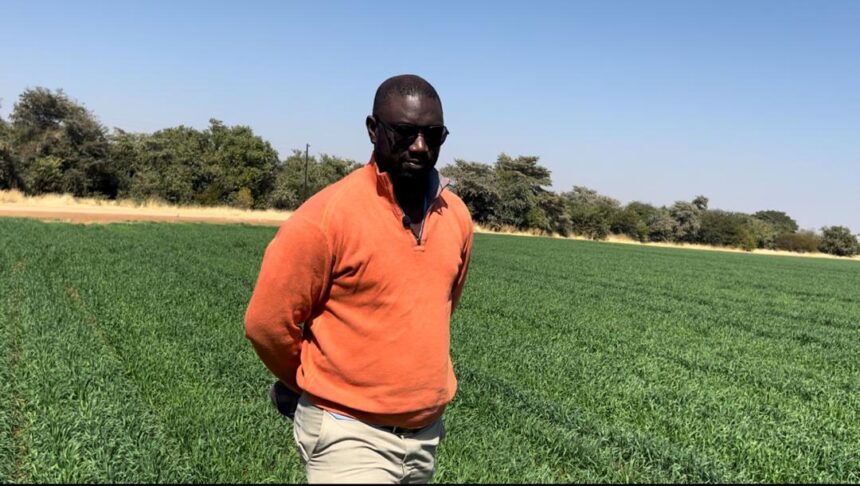Since the return of some green schemes to the agriculture ministry, there has been continuous production, including at the Etunda Irrigation Project.
The project is in the Omusati region.
It covers an area of 1 200 hectares (ha), of which 270ha are currently under production on the commercial side.
Part of the 270ha, or 210ha, is planted with wheat, while the remaining 60ha is reserved for maize production.
The farm also accommodates small-scale farmers, with 150ha of maize and horticulture under production.
Farm manager Sackey Shilyomunhu said they planted 180ha of maize in summer.
“It is scheduled to be harvested this October or November. We are hoping for high productivity,” he said.
Shilyomunhu added that the maize is processed, packaged on the farm, and sold to locals and retailers.
“This is good news for inhabitants in the area of Etunda because they will be able to buy bags of maize meal,” he said.
They remain committed to ensuring high productivity because this is the only way to fight hunger and poverty.
“We thank our mother, the Ministry of Agriculture, Water and Land Reform, for always supporting us with necessary equipment. We have recently received new machinery from the ministry, and this makes our work easier,” he continued.
The ministry’s spokesperson Jona Musheko said: “It is not only Etunda that’s doing well, but we have others such as Sikondo, Shadikongoro, Uvungu-Vungu and Ndonga Linena, as well as those being privately-operated,” he added.
Also speaking to this publication was the chairperson of Omusati Regional Council, Andreas Shintama, who said Etunda has immensely benefited many people in the Ruacana constituency.
“Many youth are now employed at Etunda. The aim is to fight unemployment,” he said.
Shintama added, “People should continue working in their gardens. The agriculture sector is very important because it boosts the economy.”


